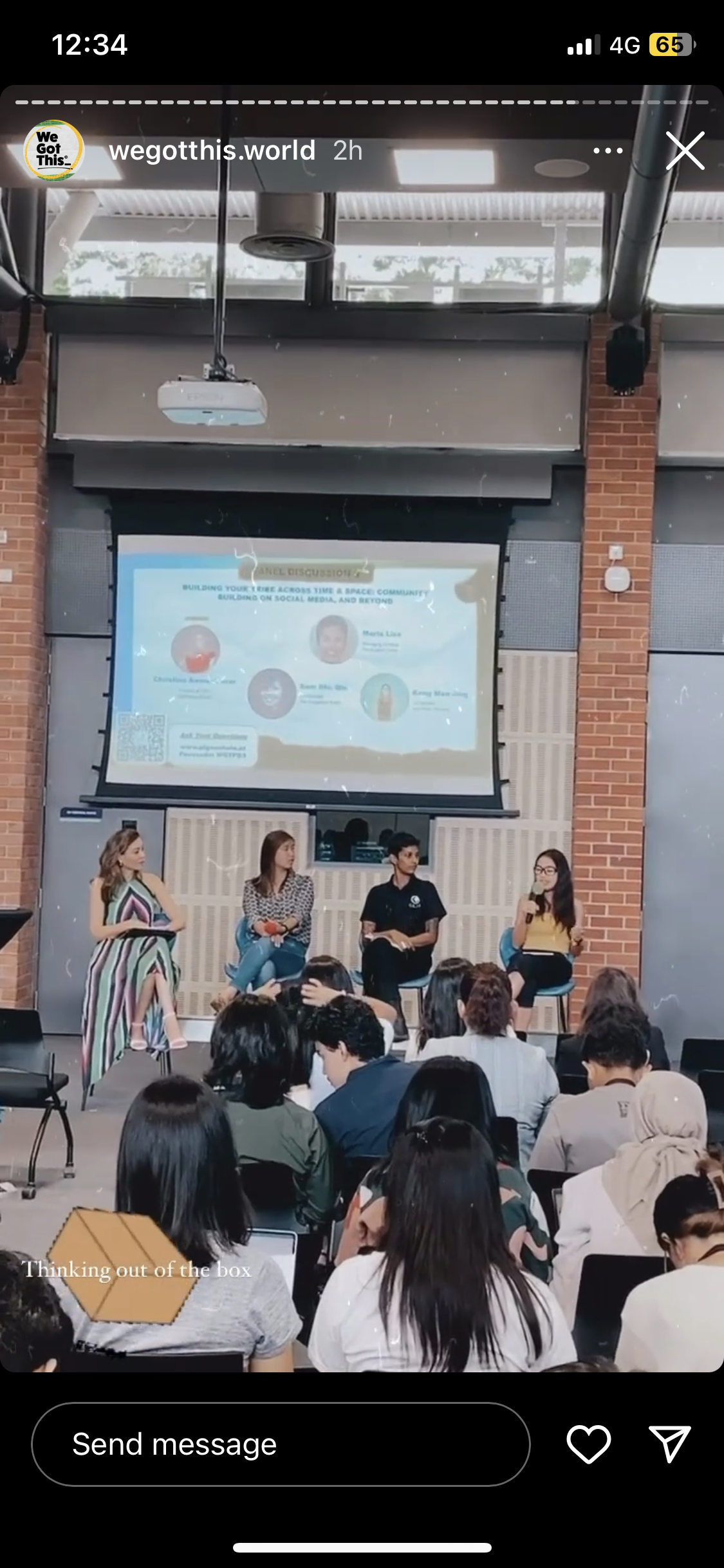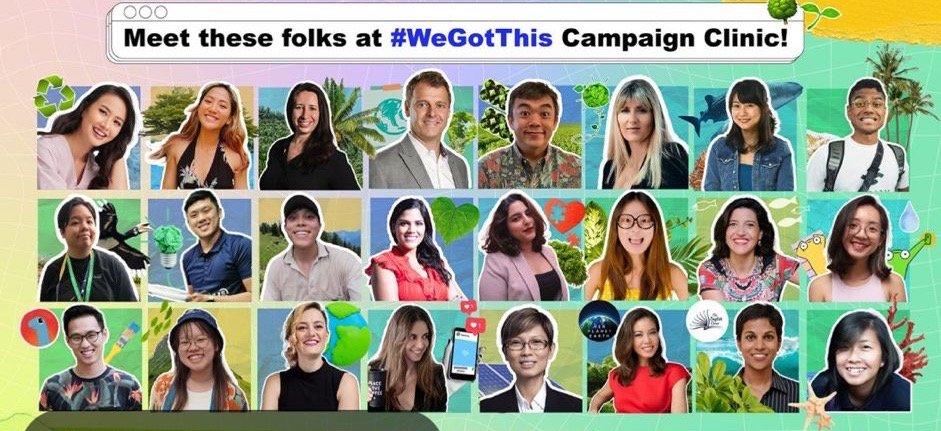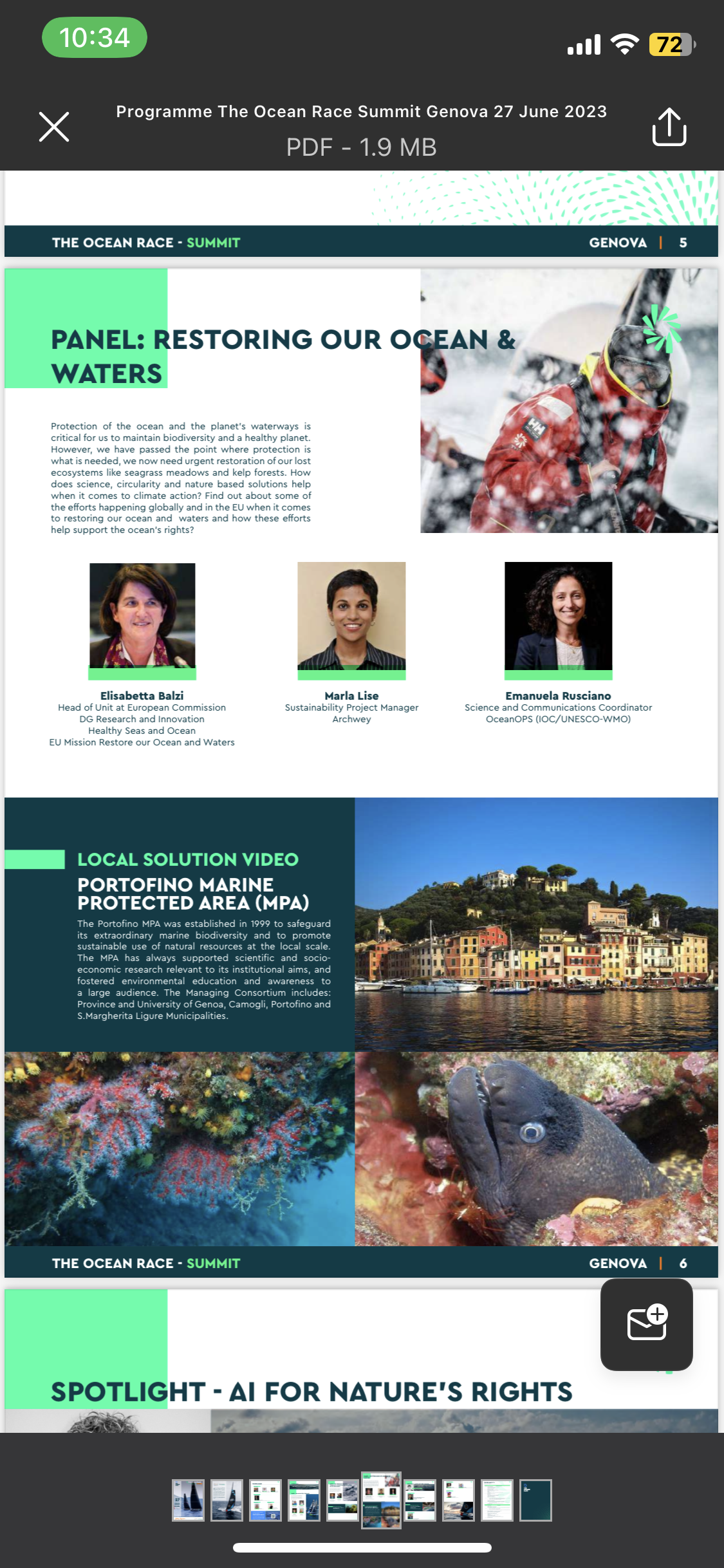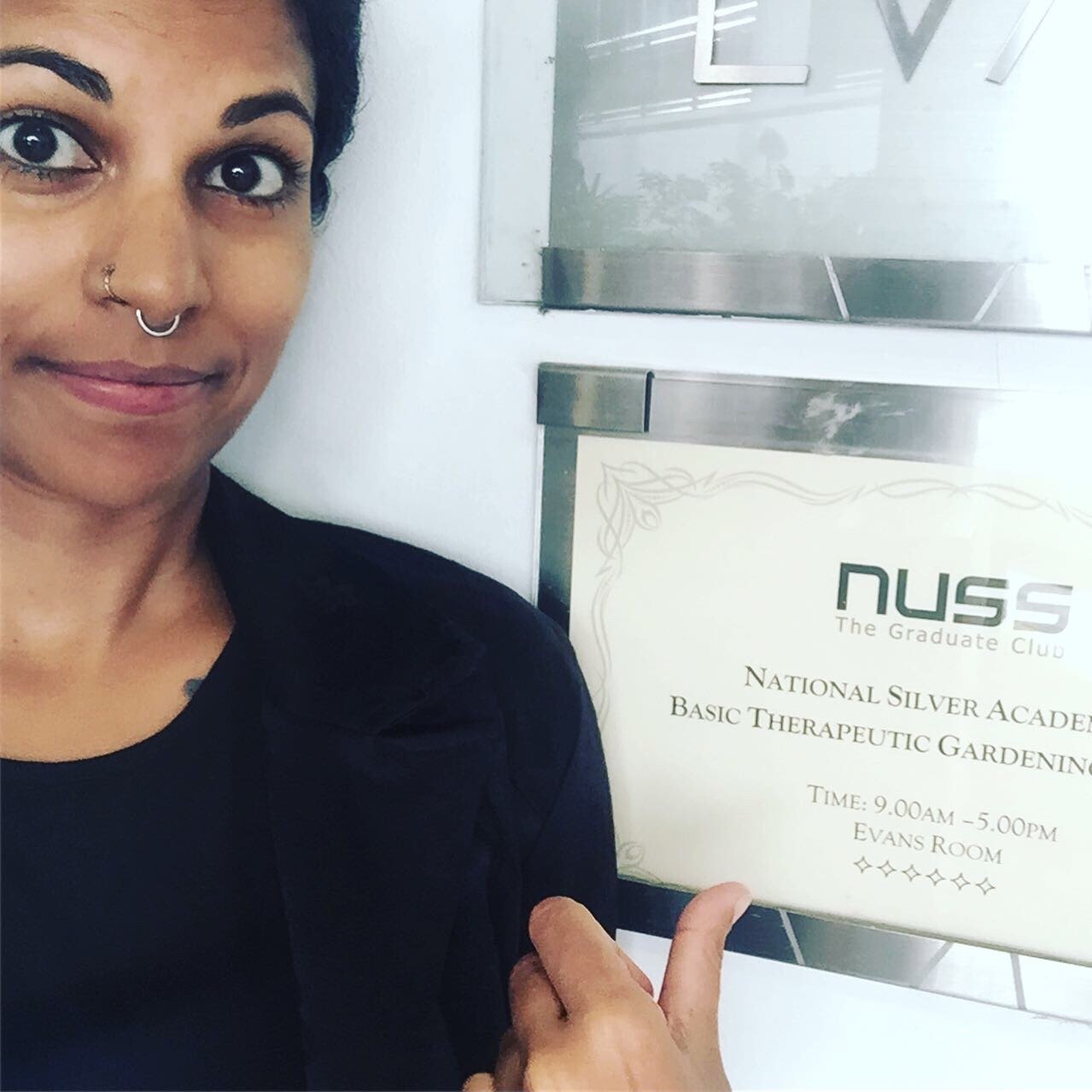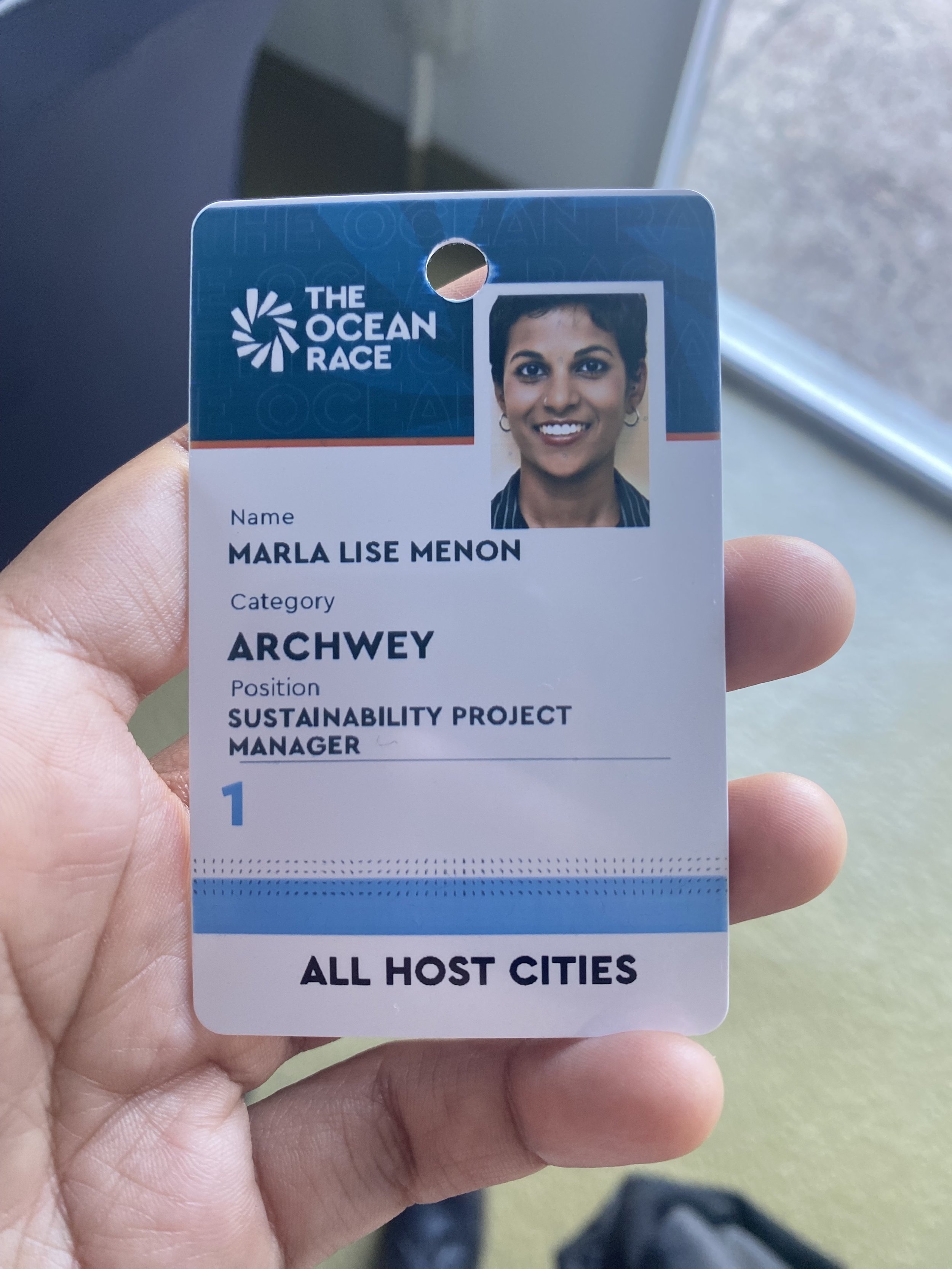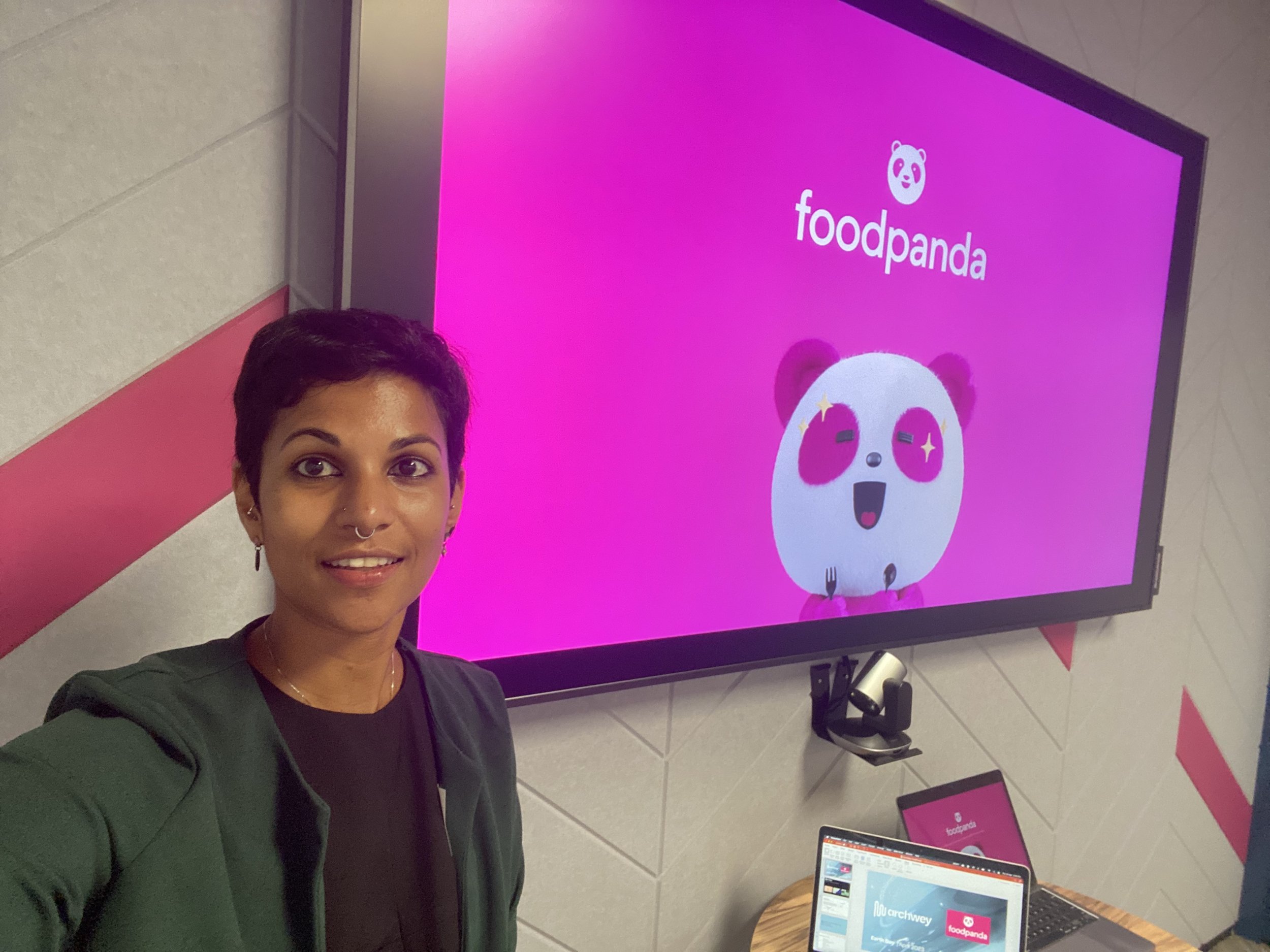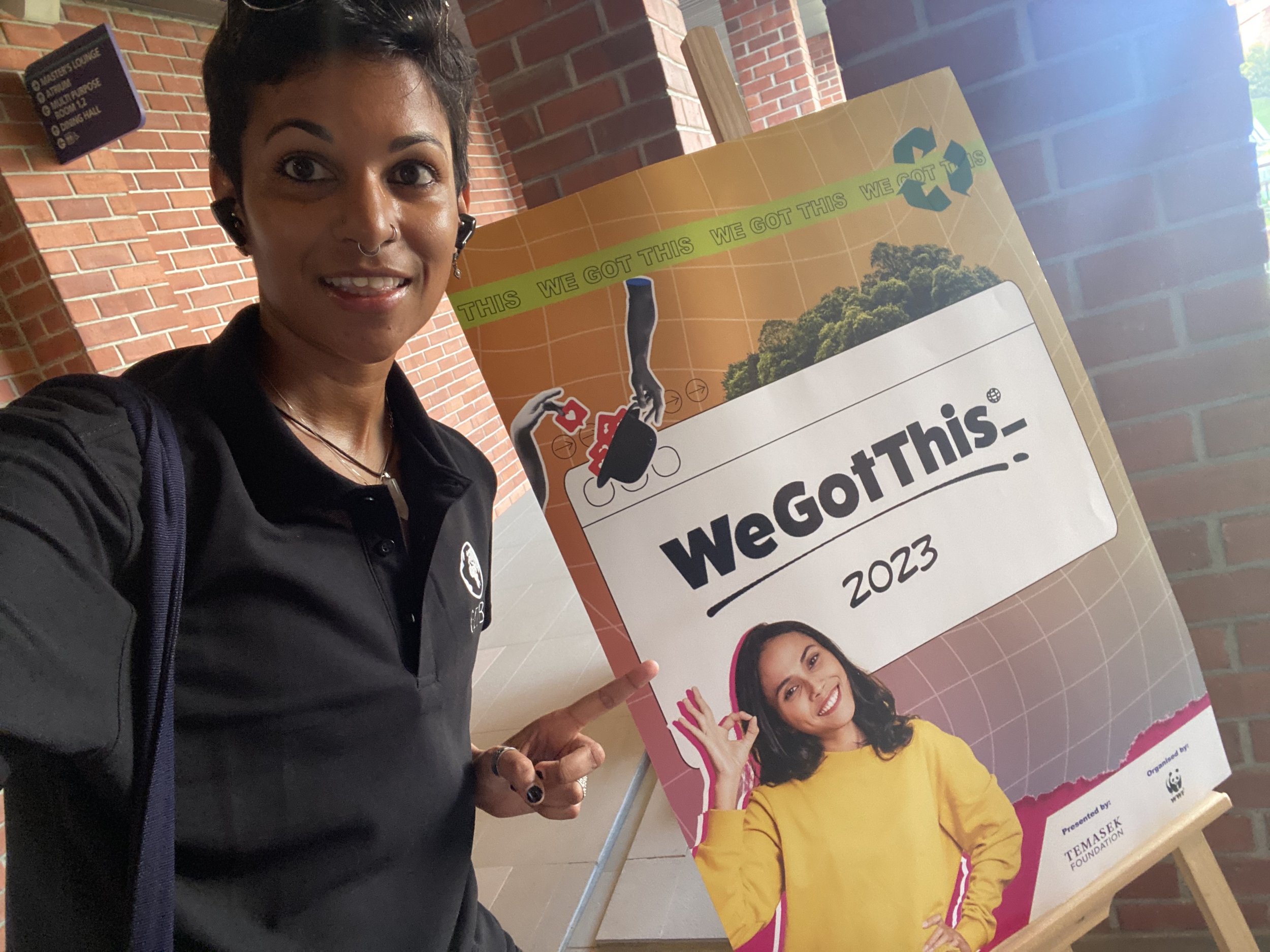Hidden Horrors
Waste is a word with so many negative connotations. To be a waste, to be wasted, to be waste, to waste, to be wasteful, to lay to waste, to go to waste, to waste away.
Waste.
Many things associated with waste, are also hidden. We don’t want people to know when we’re wasted. We don’t want them to know that we waste or are wasteful. We don’t want to waste away or to be a waste. We also don’t want to see waste. Many societies hide their waste, their wasted, and those wasting away, because they’re simply not nice.
All these hidden horrors. Wasting.
This year I spent a lot of time looking at waste. Coming from a life of living in my backpack, I know I don’t waste as much as most. I wear hand-me-downs and reuse the same piece of tissue paper for days. But waste, I do. It is difficult not to in Singapore. It is so easy to pick up the phone and dial in food delivery when I just cannot be bothered to visit any one of the plethora of food choices right under my house. It is easy to throw things away because it is too difficult to clean, or to carry them home, just for convenience’s sake. The prospect of waste is also hidden in this country. Everything is clean and cleaned. People are housed. Everyone taken care of. Everything is in its place. And therefore, waste doesn’t stare us in the face. But it’s there. Hiding.
This year I learned all about recycling and the circular economy. I come from an environmental and animal science background, and definitely was more into marine and wildlife conservation than sustainability. Like many of us in this field, we were roped in and thrown into the deep end. The sad thing that I keep finding out about recycling and the circular economy though, is that there are so many myths prevalent in the industry.
In the recent INC-3 Global Plastic Treaty summit in Nairobi, countries involved heavily in petroleum were against wanting to have a binding treaty, even though the world is literally swimming in plastic and we’re calling it a global plastic crisis. In the current COP28 summit, 70,000 people had to travel all over the world to go talk about how to save the planet by slowly, phasing out fossil fuels.
Sometimes I wonder how this all works and what has to happen before we just wake up and change. It is always easy to say that we cannot do without oil and plastic. But there was a time that we did without almost everything we already knew. The COVID pandemic brought a crisis so large and so international, that everyone changed the way they lived. We didn’t go out, we didn’t see family, we didn’t travel, we wore masks, we learned to ZOOM, and we changed. Because we had to. I am wondering what huge climate crisis will have to happen before we stop saying we’re going to set net zero targets for the next 30 years, or wait for 1.5 degrees, no 2, no 3 degrees, before we change our ways. How crazy do extreme weather disasters have to get before we decide that this is enough, and we’re done with making up excuses?
Recycling and the circular economy are excuses. Producing plastic and waste without qualms because they will be recycled, reused, and repurposed – is an excuse. And honestly, we are reading more and more about how dangerous recycling is and how it cannot be a solution. Recycled plastics contain more chemicals and toxics than virgin plastics. Think about it. In the process of recycling, hundreds of different plastics, from all different sources are mixed together and heated. We already know what virgin plastics are made of, oil. Therefore, no version of plastics, in any form, is good for humans. But now we’re eating plastic, we have plastic raining down from the clouds, and we’re literally feeding our babies plastic through breastmilk. Yet, the excuse is that – we need plastic, therefore it’s okay. When do we draw the hard stop and say enough is enough?
When do we as consumers go to the producers and say, any plastic bag that cannot actually be reused for garbage disposal (12.5 x 18 inches minimum) should have a manufacturing ban. Tiny plastic bags that hold one drink, one curry puff, or one bread bun, have absolutely no need in being made. How are we allowing producers and manufacturers to continue producing these and just say, “oh, but we have no other choice.”
If you go to the third world countries of South East Asia, you’ll see that recycling is another hidden act. There are informal waste collectors and recyclers that run the recycling mafia all around us. They account for 82% of the recycling trade in SEA. Sadly, these are the forgotten people working tirelessly every day to try and clean up the mess we’re all making.
The other scary thing that people don’t realise about the recycling myth, is how difficult it is. This year, I had the opportunity to conduct a few workshops about just that. To recycle, waste has to be separated, cleaned, and categorized. Infrastructure has to be built, machines have to be bought, people need to be taught. Most of the waste thrown away is too contaminated to be recycled, and if those materials go into a batch of recyclables, it is very difficult to then recycle the rest.
The waste trade is also an illegal one. Developed countries would sell all their waste to developing countries because they didn’t want to deal with this problem. But finally, through the Basel Convention, the transport of waste and plastic waste, became illegal. Imagine how much waste was just thrown into the ocean because no one knew what to do with it? Imagine how much waste that used to be sent overseas to potentially be recycled, just ended up in incinerators or landfill?
Did you Singapore’s already low recycling rates are still falling? So, is it really enough to say that we can waste, because those thrown away items will be used again?
Did you also know that landfills produce a lot of methane? So therefore, how are we once again hiding waste away from climate conversations? If we don’t talk about waste, we’re not going to solve climate change.
So, this festive season, the most wasteful time of the year, spare a thought for waste. Remember, matter, cannot be destroyed, it just changes its form and will stick around. And it won’t be hidden forever.


